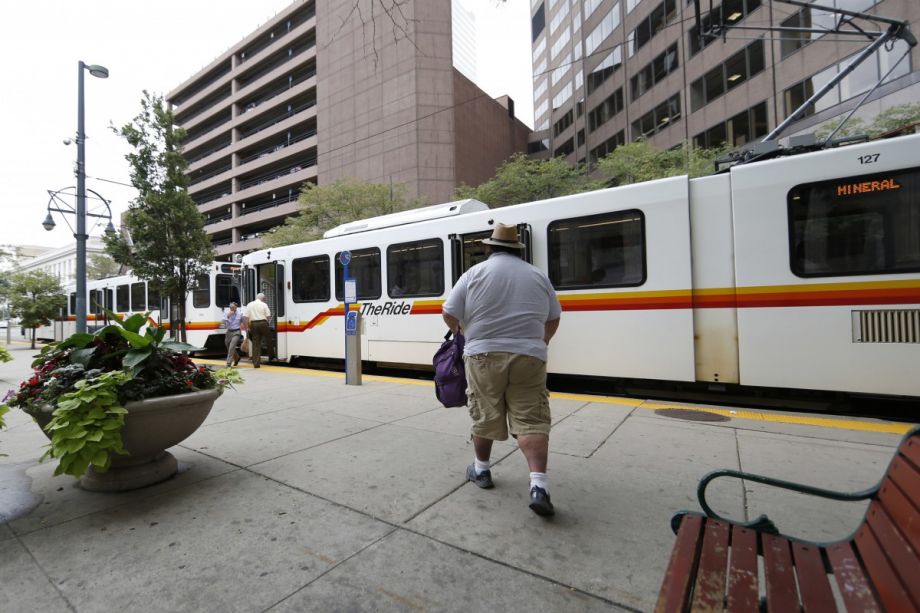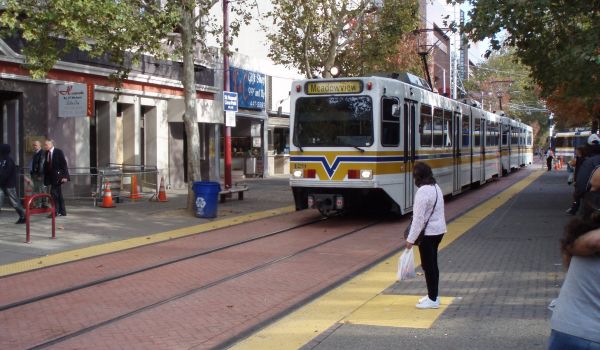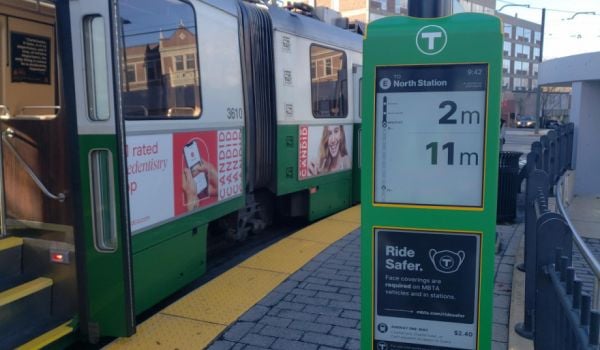Fast-growing Denver is grappling with the equity challenges of rapid growth in a number of ways, from expanding its parks system to providing rental assistance for moderate-income families to move into the city’s glut of luxury condos. The city’s transit-oriented development fund has become a model for other cities — and directly related to that, this week Denver’s regional transit authority voted to approve discount fares for low-income riders.
The Regional Transit District’s low-income fare program approved Tuesday will take effect in early 2019 and provide a 40 percent fare discount to households at or below 185 percent of the federal poverty level, the Denver Post reported. A deeper-than-existing 70 percent fare discount for riders between the ages of six and 19 was also approved, among other changes.
The program expands upon the Regional Transit District’s existing discount fare program, which, according to the transit authority’s website, already serves seniors ages 65 and up, individuals with disabilities, Medicare recipients, and elementary, middle and high school students ages six to 19. Children five and younger already ride free with a fare-paying adult.
The Regional Transit District is paying for the new low-income fare in part by raising base fares on buses and on the region’s rail transit line to Denver International Airport. Local bus fares will rise from $2.60 to $3, and regional bus fares from $4.50 to $5.25. Fares will go up along the region’s A-Line train, driving the cost of a one-way trip between Denver and the airport from $9 to $10.50, the Post reports.
The changes were recommended as part of the Regional Transit District’s three-year cycle for reviewing its fare structure. As part of the most recent cycle, the transit authority convened a 25-member “Pass Program Working Group” in March 2017, which concluded its work in March 2018, recommending a low-income discount program. At the time, StreetsBlog Denver characterized the transit authority’s pass programs as “confusing and unfair.”
StreetsBlog Denver also reported that transit advocates, including Mile High Connects and 9to5 Colorado, said a 50 percent discount was critical for the low-income program. The Pass Program Working Group’s final presentation included a 50 percent low-income discount program as a point of comparison to the 40 percent discount that the Regional Transit District board ultimately approved.

Oscar is Next City's senior economic justice correspondent. He previously served as Next City’s editor from 2018-2019, and was a Next City Equitable Cities Fellow from 2015-2016. Since 2011, Oscar has covered community development finance, community banking, impact investing, economic development, housing and more for media outlets such as Shelterforce, B Magazine, Impact Alpha and Fast Company.
Follow Oscar .(JavaScript must be enabled to view this email address)
















